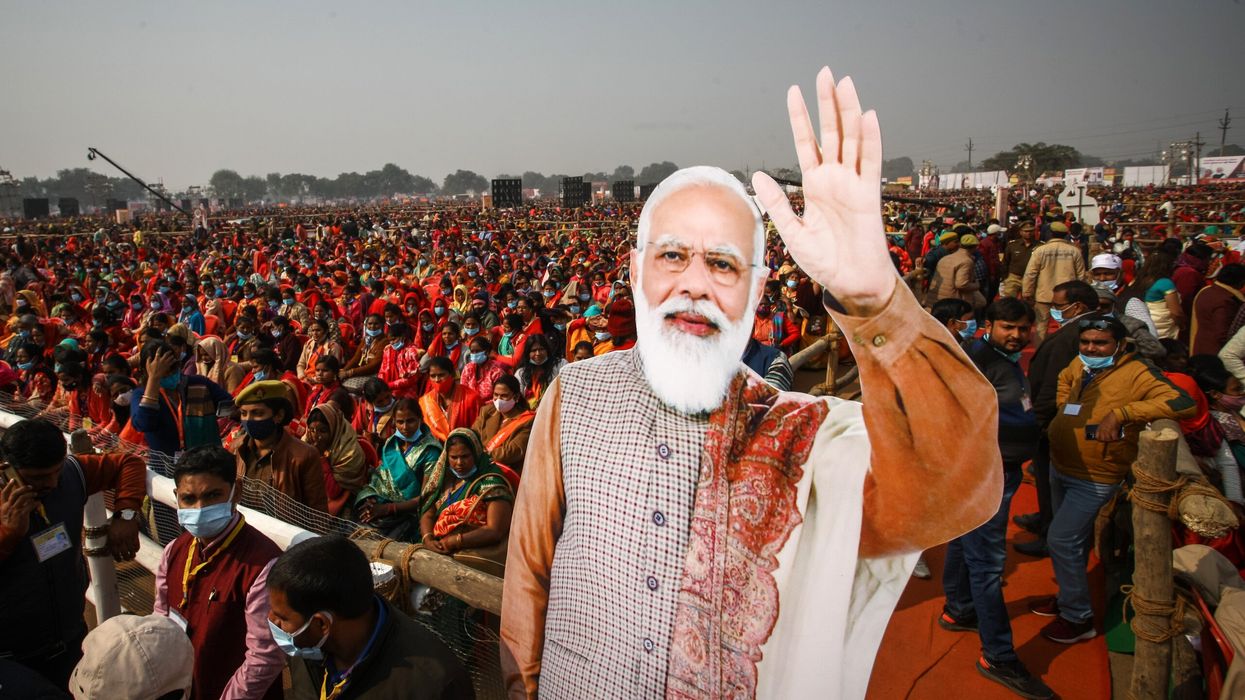BILLIONS of voters across south Asia, the UK and the US will go to polls in the next 12 months in what will be a test of democracy, analysits have told Eastern Eye.
In the UK, prime minister Rishi Sunak has to call a general election by January 28, 2025, although reports suggest the poll will take place this year, with the Institute for Government think tank suggesting it could come as early as May.
The Conservatives, in power since 2010, have consistently trailed the Labour Party by double digits in most opinion polls for well more than a year now.
That is largely due to the worst cost-of-living crisis in decades and Tory infighting that has resulted in five prime ministers since the 2016 Brexit vote, rather than overwhelming enthusiasm for Labour, according to experts.
Lord Karan Bilimoria believes Tory MPs will be guilty of creating their own downfall if Labour Party leader Sir Keir Starmer ousts Sunak from Downing Street. “We have a situation where you have a Conservative party that has, unfortunately, got huge conflict within itself with the different factions of the party fighting amongst themselves,” Bilimoria told Eastern Eye.
“It is not a healthy situation to be in and Rishi Sunak as prime minister has got a real challenge in keeping his party together, particularly in the run-up to a general election.”
Bilimoria urged the party to unite and for Sunak to lead with policies that get the general public to support the Tories again.
“The Conservative Party has put up taxes to the highest level in 70 years, which has not gone down well. Putting up corporation tax from 19 per cent to 25 per cent was a very foolish move, a damaging move for our economy, for our businesses and for inward investment and to make us attractive as a destination for investment,” said Bilimoria.
“I think you will see taxes being lowered as we already have indicatively done with lowering of national insurance, but also the build-up to the general election, there will be announcements of various policies which will hopefully be good for the economy and good for the country.”
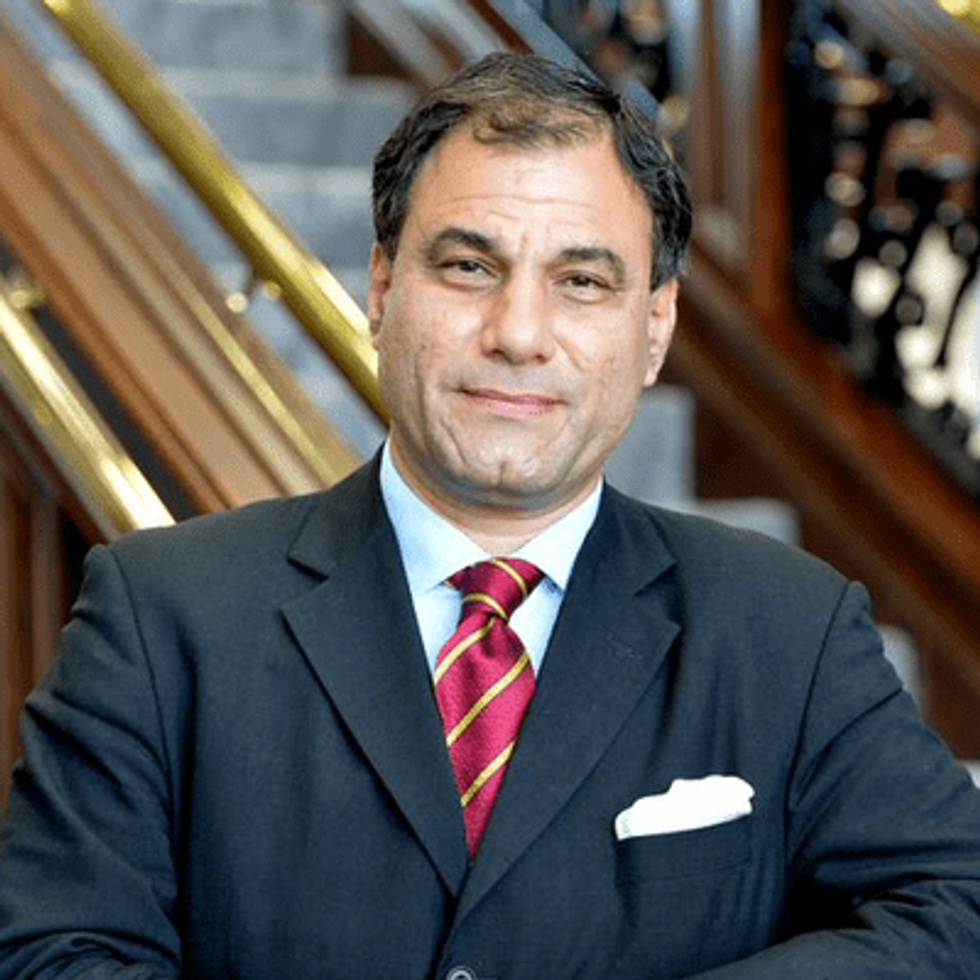
In India, the Bharatiya Janata Party (BJP), the world's largest political outfit with 180 million members, is betting on what it says is the biggest voter outreach campaign in history, to secure a third term in power in the world's most populous country.
Prime minister Narendra Modi remains hugely popular among Indians after almost a decade having brought political stability, invested in infrastructure, and championed welfare reforms and national security.
Despite voter concerns about inflation, unemployment and uneven growth, opinion polls suggest the BJP will comfortably win a third term in the federal elections, expected to be held in April and May.
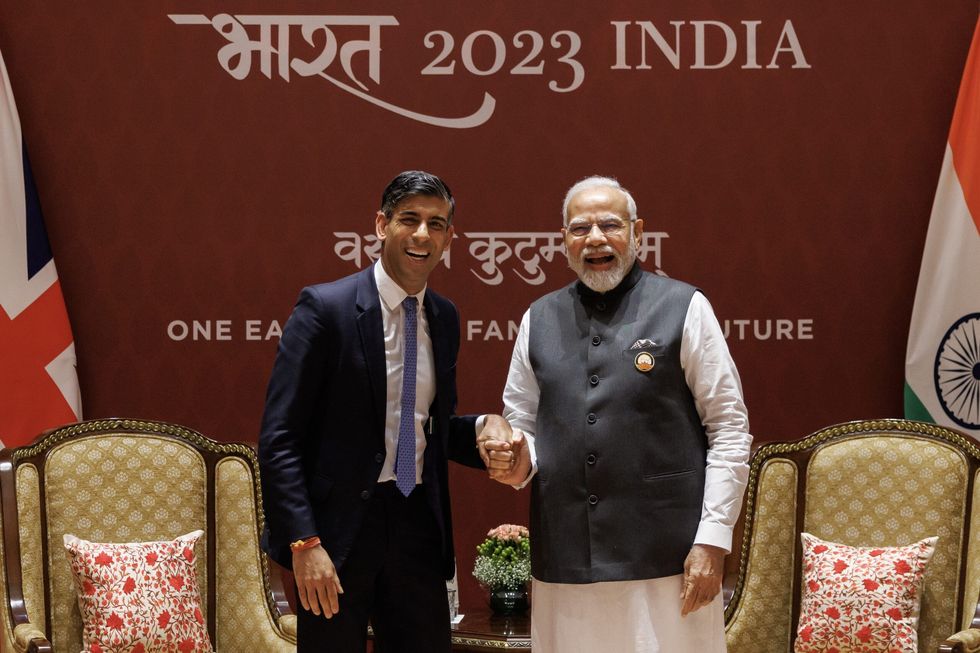
Modi’s stranglehold on the country was further evident last month when the BJP wrested control of key states in a surprisingly strong showing in local polls.
The defeat of Congress in three of four major states, including central Rajasthan and Chhattisgarh which they ruled, dashed any notion that the opposition could pose a serious challenge through a newly formed 28-party alliance led by the party that has ruled India for 54 years since independence from Britain, analysts said.
“After these results, it looks like there is no stopping Modi,” said Yashwant Deshmukh, poll expert with C-Voter agency, adding that stopping Modi would be a “herculean task”.
Modi was at the forefront as India hosted a successful G20 Summit, which came a month after the country’s moon mission became the first to land in the lunar south pole region.
“The G20 came just as the Indian economy takes off and is set to become the third largest in the world that is around $5 trillion [£3.9tr] by the end of this decade,” said C Raja Mohan, a senior fellow with the Asia Society Policy Institute in New Delhi.
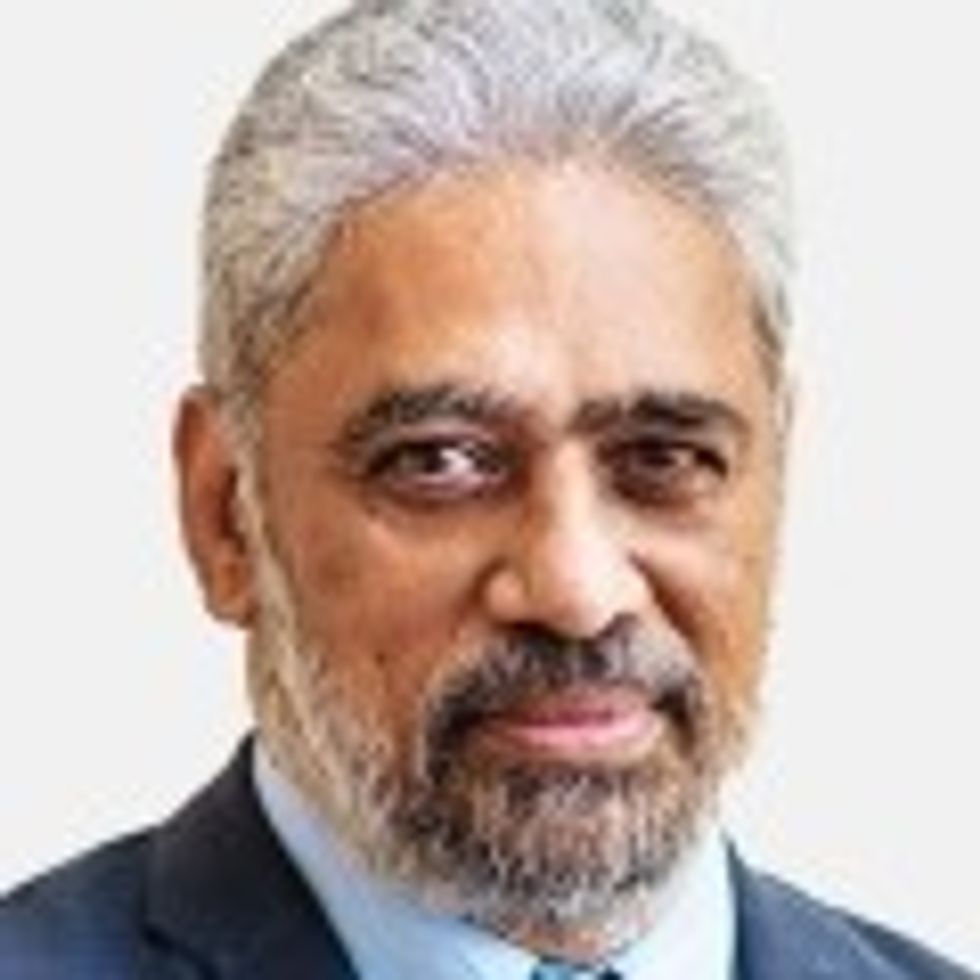
“The first two quarters of 2023-2024 have seen more than a seven per cent growth rate in India, which was more than expected. The economy is chugging along and India has become the fastest growing major economy.
“Also, the fact that China is slowing down and India is growing faster, is creating a buzz in terms of shifting supply chains and more investments.”
Bilimoria thinks the UK needs to take advantage of India’s growing economy and agree a Free Trade Agreement (FTA). Former UK prime ministers Boris Johnson and Liz Truss both claimed they would deliver an FTA with India by October 2022. But no agreement has been reached with a thirteenth round of talks concluded last month.
“We don't have a trade envoy for India. We have trade envoy for lots of other parts of the world, but don't have a trade envoy for India. You've got to prioritise it if we're going to be in this race and compete,” said Bilimoria.
“The UK has so much to offer. We have a long-standing, close relationship with India - the platform is there.
“It is absolutely crucial to make sure we get a good comprehensive FTA by the end of the year.”
If Modi does win a third term, he will look to strengthen India’s relationship with the US after the two nations signed the US-India Comprehensive Global and Strategic Partnership in June last year.
Modi claimed that “even the sky is not the limit” to the India-US partnership.
Who will lead the US through this partnership will be decided in November when the country goes to the polls.
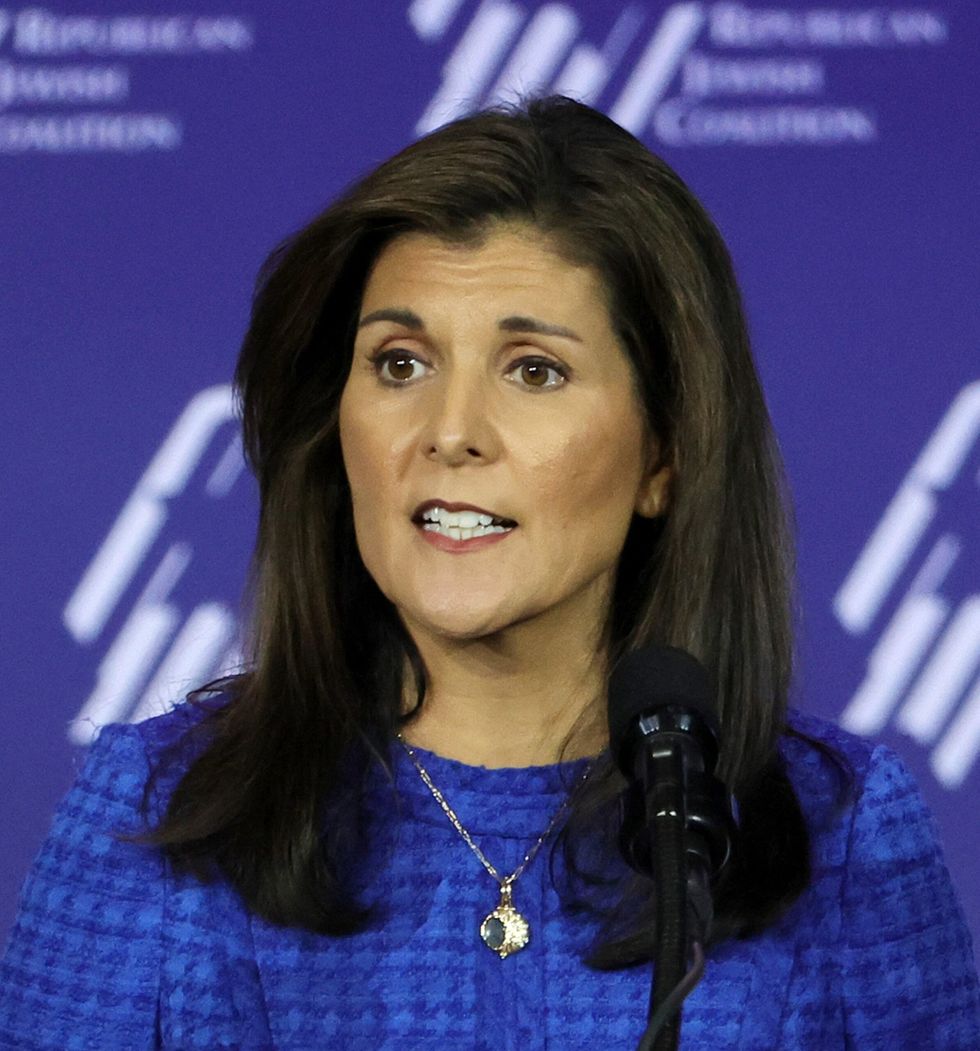
Current president Joe Biden could go up against either former president Donald Trump who has a formidable lead in the contest to become the Republican Party’s presidential candidate or the former South Carolina governor Nikki Haley, who, along with Ron DeSantis, the Florida governor, remains 40 to 50 points behind Trump in national Republican polling.
“There has been a real transformation of the India-US relationship,” said Mohan. “We know that for the last 20 years the relationship has been on the upward trajectory, but this year prime minister Modi’s state visit to Washington on a state visit and announcement of an expansive agenda of technological, industrial and political security cooperation, marks a decisive turn in India's relationship with the US.
“For the last four years, we've seen the Biden administration actually devote significant attention to India and push this relationship forward.
“Modi, unlike many of his predecessors, is not inhibited about engaging the US and we've seen as a result, a number of new initiatives, the most notable one being ICET -Initiative on Critical and Emerging Technologies.”
While India has enjoyed a stable leader for almost a decade, Pakistan had five different leaders in the same period. They currently have a caretaker prime minister in Anwaar-ul-Haq Kakar.
On February 8, the country of 230 million people will vote for their next leader, although arguably the most popular candidate, former prime minister Imran Khan, was last Saturday (30) banned from taking part in the elections.
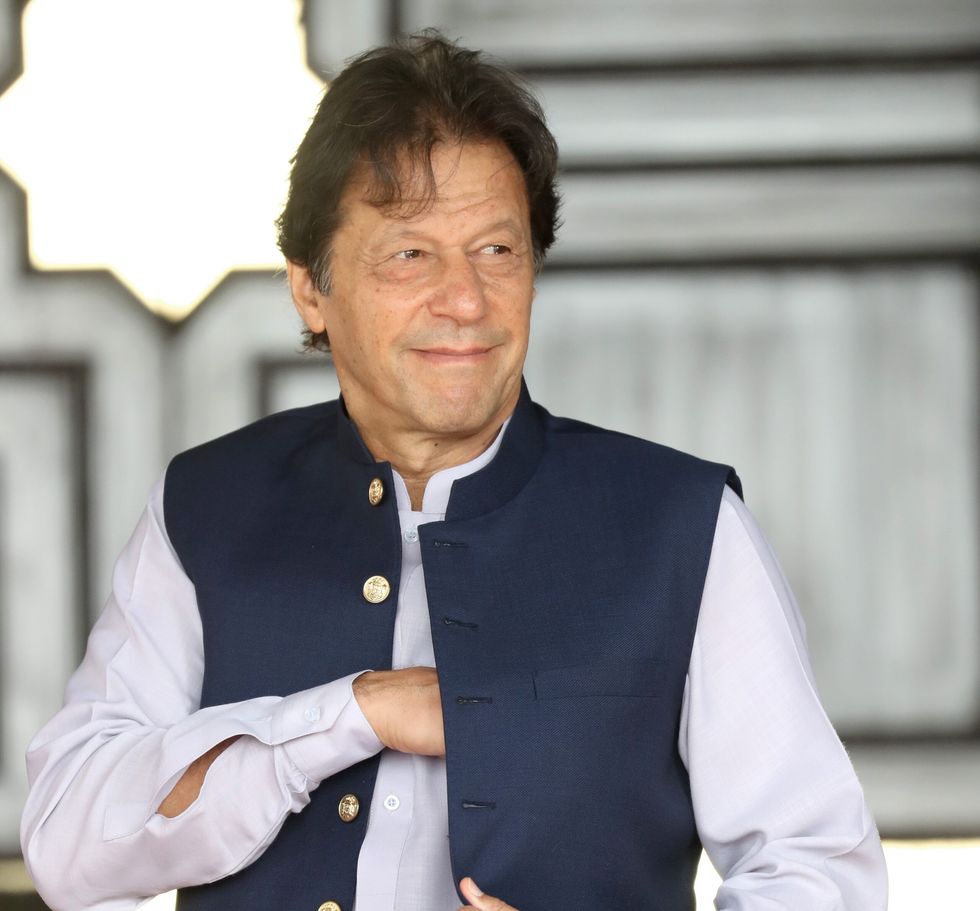
But the election commission accepted former prime minister Nawaz Sharif's nomination from two constituencies for the 2024 elections, weeks after a court overturned two graft convictions.
Pakistan faces mounting challenges – from economic uncertainty and frequent militant attacks to climate catastrophes that are putting millions at risk – setting the stage for a difficult road to recovery for its new leadership.
“Political and economic uncertainty go hand in hand,” said Fahd Humayun, assistant professor of political science & Neubauer faculty fellow at the department of political science at Tufts University. “And any government coming to power through suspicious elections is not only likely to be on a weak footing and reliant on the military for its political survival, but will also be unlikely to attract the capital inflows so badly needed.”
The first elections of the year will be held in Bangladesh when 170 million people vote on Sunday (7). Prime minister Sheikh Hasina launched her campaign for a fifth term on the back of accusations of unlawfully jailing her rivals with opposition parties calling for civil disobedience and claiming the polls would not be fair.
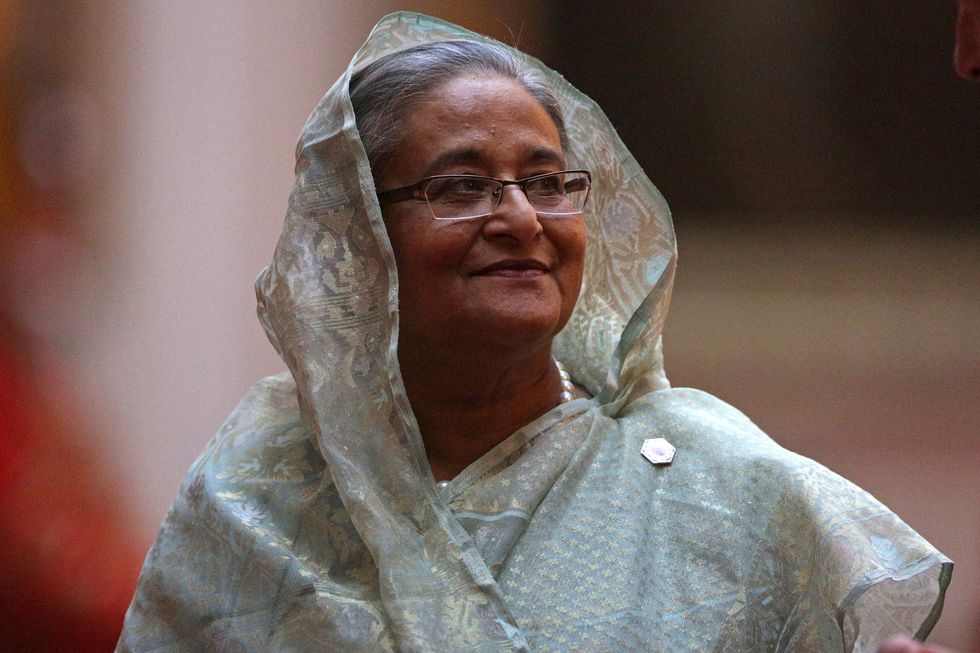
Hasina has been in power since 2009 and won the last election in December 2019.
The opposition Bangladesh Nationalist Party (BNP)’s leader, the ailing Khaleda Zia, herself a former prime minister famed for a bitter, decades-long rivalry with Hasina, keeps out of active politics.
Although her son has temporarily taken the mantle, he is in exile, and the party's next most senior leader, Mirza Fakhrul Islam Alamgir, has been in jail since October 29.
The BNP said they will boycott the vote after Hasina refused to cede power to a caretaker government to run the poll.
Now it says ten million party workers are on the run after the arrests of nearly 25,000 following deadly anti-government protests on October 28.
“The government is claiming to commit to free and fair elections with diplomatic partners while the state authorities are simultaneously filling prisons with the ruling Awami League’s political opponents,” said Julia Bleckner, senior Asia researcher at Human Rights Watch, in a November statement.
“A free election is impossible when the government stifles free expression and systematically incapacitates the opposition, critics, and activists through arbitrary arrests, enforced disappearance, harassment, and intimidation,” Bleckner added.
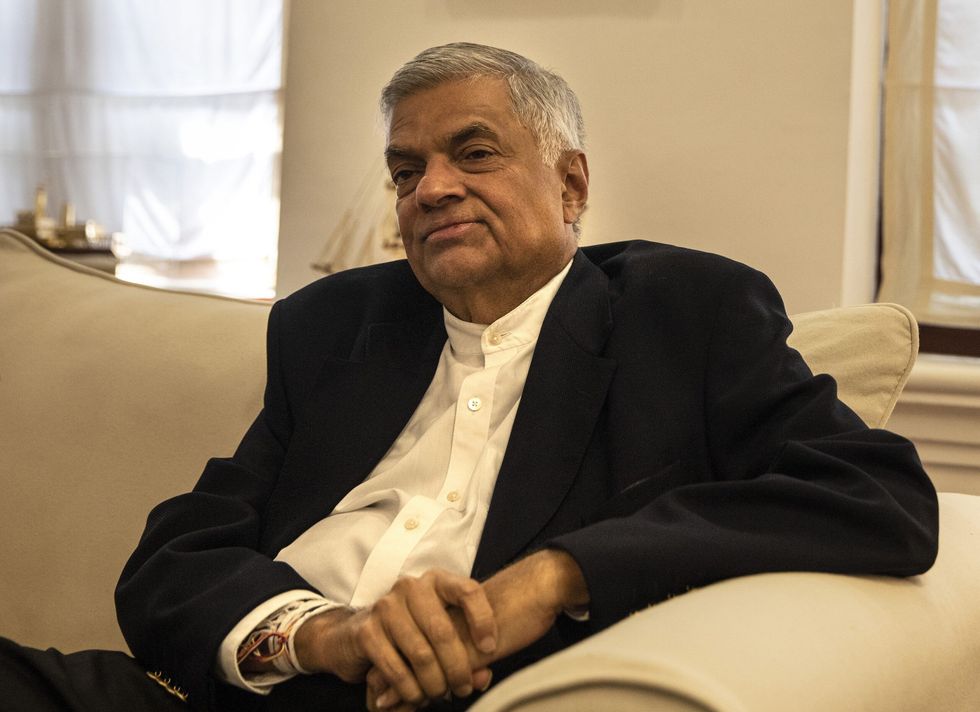
Although violent crackdown on dissent was common in Bangladesh, the recent government steps were unprecedented, said Zillur Rahman of bipartisan think-tank the Centre for Governance Studies.
"The mass arrests of all major opposition players right before the election is a kind of authoritarian unmasking that is almost comical in its nakedness."
In Sri Lanka, the first national elections since 2018 are expected to take place before September. President Ranil Wickremesinghe has repeatedly delayed the polls due to the country’s worst economic crisis in 73 years.
